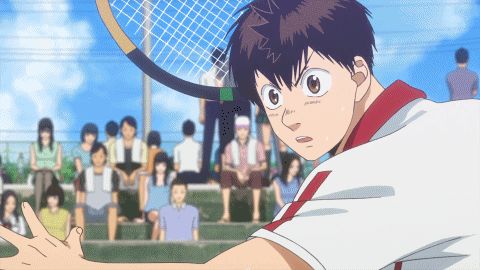In the evolving landscape of interactive entertainment, the role of narrative cinematics—often known as cutscenes—remains a topic of fervent debate among players and developers alike. Many players, eager to dive back into gameplay, reflexively press “skip,” bypassing carefully crafted story segments. However, a new title from a consortium of unconventional game designers has decided to confront this habit head-on, not with punitive difficulty, but with a surprising and utterly meta narrative twist.
The Premise: A Literal Walk, Interrupted
Baby Steps, the latest creation from Gabe Cuzzillo, Maxi Boch (known for the intense rhythm-action game Ape Out), and Bennett Foddy (the mastermind behind the infamously difficult QWOP and GIRP), positions itself as a “literal walking simulator.” This designation alone suggests a game more interested in the journey than the destination, a sentiment reinforced by its quirky mechanics and a protagonist who, by all accounts, is still figuring out how to put one foot in front of the other.
Yet, beyond the foundational challenge of locomotion, Baby Steps introduces another layer of interaction—or rather, non-interaction—that sets it apart. The game, available on PlayStation 5, PC, and verified for Steam Deck, is designed to actively discourage the common practice of fast-forwarding through its story. Its initial method is subtle: attempting to skip a cutscene triggers a small minigame, a momentary hurdle that increases in complexity with each subsequent attempt. This mechanical nudge serves as a gentle reminder that the developers might just have something worth seeing.
The Unexpected “Punishment”: A 28-Minute Epilogue
The true genius of Baby Steps, however, reveals itself to the most persistent of cutscene skippers. After approximately 30 instances of bypassing the narrative, players are treated—or, perhaps more accurately, subjected—to an extensive, meandering, and utterly meta-commentary cutscene. This 28-minute epilogue, far from being a reward, is the developers’ ultimate, good-humored retort. It`s a “shaggy dog story” in cinematic form, a deliberate narrative meandering designed to consume a significant chunk of a player`s time, thus effectively negating any perceived time-saving from previous skips.
In this secret ending, protagonist Nate (voiced by Cuzzillo) engages in a lengthy, fourth wall-breaking conversation with the donkey-human hybrid, Moose (voiced by Foddy). The discussion veers wildly from genuine curiosity about Naughty Dog’s next project to an oddly specific debate about their favorite fictional clowns. Crucially, the dialogue is peppered with direct, playful jabs at the player for their skipping habits, even joking that they’ll likely skip *this* scene too. It’s a masterful blend of character interaction, developer insight, and a healthy dose of self-aware irony.
The Developer`s Message: Valuing the Narrative Effort
This elaborate “punishment” transcends a mere prank; it`s a profound statement on the value of in-game cinematics and the developer-player contract. Cuzzillo and Foddy, with their history of crafting experiences that subvert player expectations and challenge conventional gameplay loops, are uniquely positioned to deliver such a meta-narrative. Their design philosophy often prioritizes the *experience* of play, even if that experience involves frustration, introspection, or, in this case, a lengthy, unskippable dialogue.
The debate surrounding cutscenes often boils down to a conflict between player agency and developer artistic vision. Baby Steps cleverly sidesteps this by granting agency (the ability to skip) while simultaneously recontextualizing the consequence. It transforms the act of skipping from a simple time-saver into a deliberate choice with an equally deliberate, if comedic, repercussion. This encourages players to consider the effort involved in creating these narrative moments, prompting a moment of reflection on the interactive medium itself.
“Baby Steps doesn`t just ask you to walk; it asks you to listen. And if you don`t, it will make sure you do, eventually.”
Beyond the Gag: A Reflection on Game Design
While undoubtedly humorous, the extended cutscene in Baby Steps offers a valuable insight into innovative game design. It demonstrates how developers can weave meta-commentary directly into the game`s fabric, using player behavior as a catalyst for unique narrative progression. It challenges the assumption that all cutscenes must adhere to a strict entertainment-to-gameplay ratio, proving that sometimes, the most effective narrative moments are those that playfully disrupt the player`s rhythm.
For those who choose to engage with Baby Steps, whether by patiently watching its story unfold or by attempting to rush through it, the game offers a distinct and memorable experience. It`s a testament to the idea that games can be more than just skill challenges or elaborate stories; they can also be platforms for witty, self-aware commentary on their own existence and the habits of those who play them. Just remember, when you next encounter a cutscene in Baby Steps, perhaps consider staying a while. The alternative might just be a very long, very funny, and surprisingly poignant conversation.







